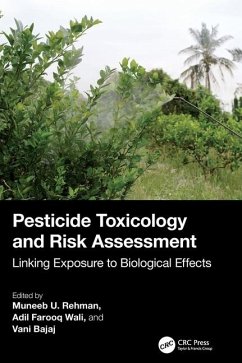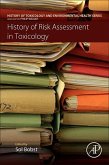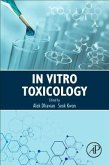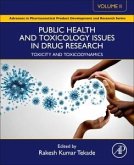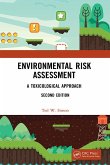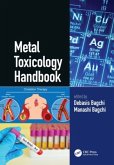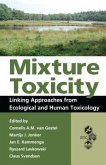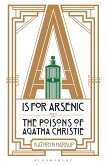With the emergence of new pesticide combinations and application methods, assessing their potential risks to non-target organisms and human well-being becomes paramount. Pesticide Toxicology and Risk Assessment focuses on the need and strategies for safe and efficient use of pesticides. It offers insights from toxicogenomics, enabling an understanding of the genetic and epigenetic factors influencing human susceptibility to chemical toxicity, thereby quantifying their impacts.
This book underscores the significance of risk assessment methodologies considering real-time variables influencing pesticide exposure to the environment and humans. It provides comprehensive details about models designed to evaluate risks across a spectrum of scenarios, from worst-case to real-time situations, while outlining strategies to mitigate these risks proactively. Furthermore, this book delves into the critical need for conducting field studies, particularly in addressing innovative combinations and application techniques.
Key Features:
- Covers toxicogenomic insights, delving into genetic and epigenetic impacts on human susceptibility to chemical toxicity
- Provides insight into necessary field studies for new pesticide approaches
- Aids pesticide manufacturers with risk assessment and effective formulation insights
As an aid for regulatory bodies, the book facilitates the evaluation of risks linked to both established and innovative pesticides, promoting informed decisions on usage by integrating risk reduction approaches. Simultaneously, it serves as a valuable guide for pesticide manufacturers, offering insights into using risk assessment tools to develop secure and effective pesticide blends. This guidance expedites the introduction of novel pesticides that are efficient and safe for various applications.
This book underscores the significance of risk assessment methodologies considering real-time variables influencing pesticide exposure to the environment and humans. It provides comprehensive details about models designed to evaluate risks across a spectrum of scenarios, from worst-case to real-time situations, while outlining strategies to mitigate these risks proactively. Furthermore, this book delves into the critical need for conducting field studies, particularly in addressing innovative combinations and application techniques.
Key Features:
- Covers toxicogenomic insights, delving into genetic and epigenetic impacts on human susceptibility to chemical toxicity
- Provides insight into necessary field studies for new pesticide approaches
- Aids pesticide manufacturers with risk assessment and effective formulation insights
As an aid for regulatory bodies, the book facilitates the evaluation of risks linked to both established and innovative pesticides, promoting informed decisions on usage by integrating risk reduction approaches. Simultaneously, it serves as a valuable guide for pesticide manufacturers, offering insights into using risk assessment tools to develop secure and effective pesticide blends. This guidance expedites the introduction of novel pesticides that are efficient and safe for various applications.

